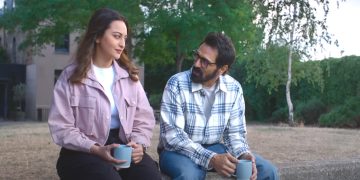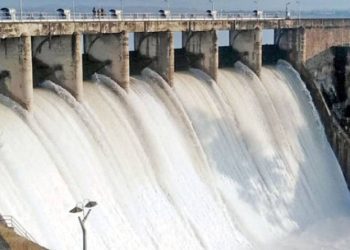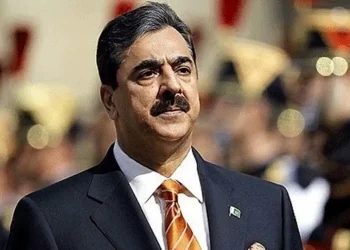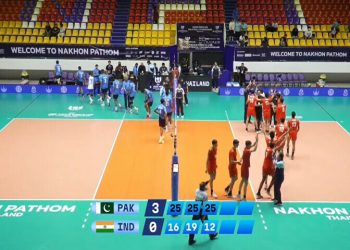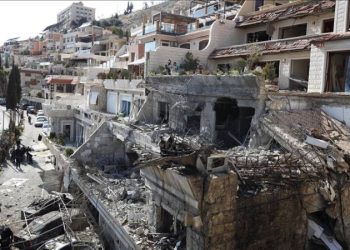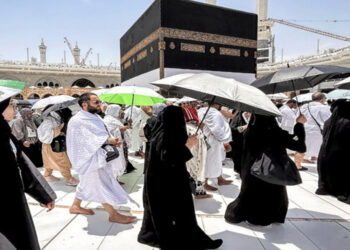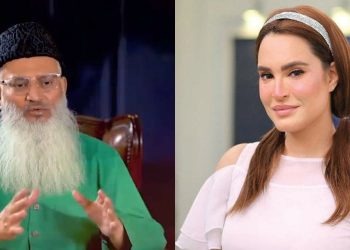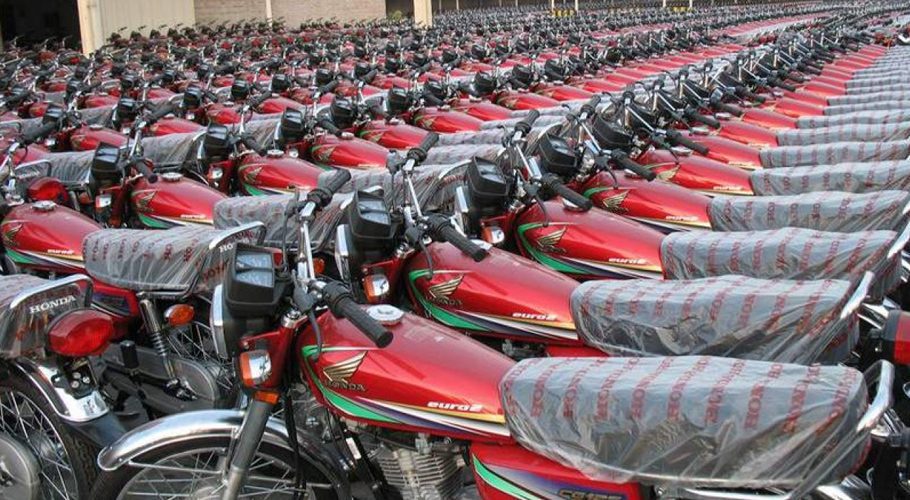Trump’s plan:
The United States has unveiled the long-awaited Middle East peace plan, billed as the ‘Deal of the Century’, as a blueprint to resolve the decades-old Israel-Palestine conflict
The initiative, which is still in draft, has been seen by many Palestinians and has completely discarded the two-state solution and the struggle for an independent Palestine state.
The US plans to unveil the economic components of the plan at a “Peace for Prosperity” workshop in June. The plan envisages over $50 billion worth of investments in Palestine and neighbouring countries. Big projects, such as an airport, a seaport, an industrial zone and power stations are also envisaged.
The initiative is driven by US President Donald Trump and his son-in-law and White House adviser Jared Kushner. Both are businessmen with background in real estate rather than diplomacy and have been doling out tens of billions of dollars to the Palestinians and its Arab neighbours.
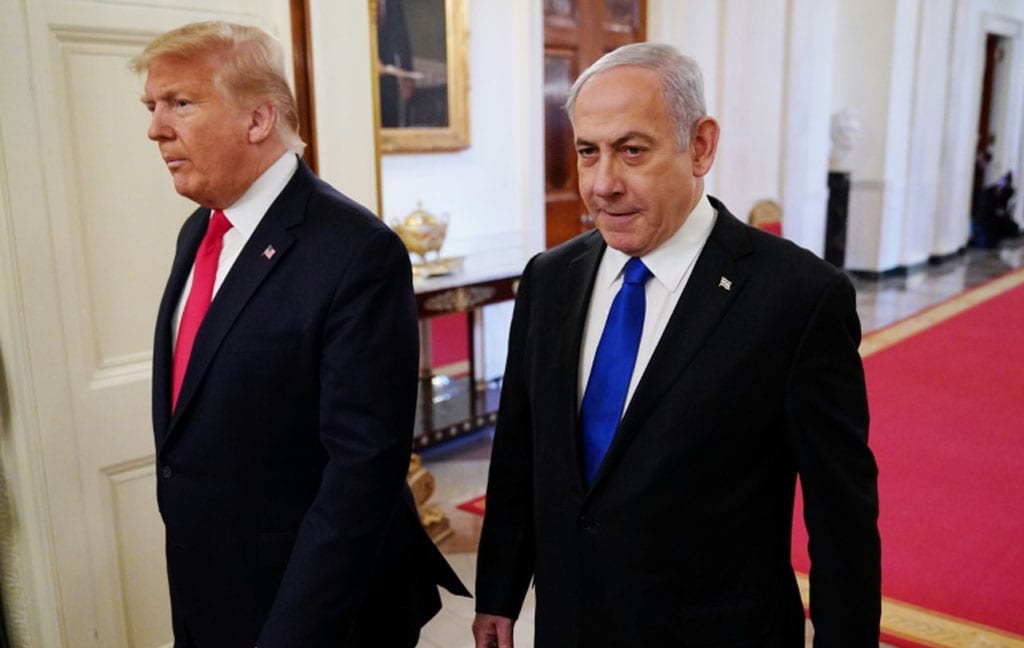
The key proposals
Under the plan, the US will recognise Israeli sovereignty over the West Bank, including Jewish settlements and much of the Jordan River valley.
The move will more than double the Palestinian territory and provide a Palestinian capital in eastern Jerusalem, where Trump says the US will open an embassy.
Jerusalem will remain Israel’s undivided capital. The Palestinians insist East Jerusalem be the capital of their future state.
No Palestinians or Israelis will be uprooted from their homes. This suggests that existing Jewish settlements in the Israeli-occupied West Bank will remain.
Israel will work with Jordan to ensure the status of the key holy site in Jerusalem known to Jews as the Temple Mount and Masjid Al-Aqsa to Muslims is preserved. Jordan runs the religious trust that administers the site.
The territory allocated to Palestinians in Trump’s map will remain open and undeveloped for a period of four years. During that time, Palestinians can study the deal, negotiate with Israel, and achieve the criteria for statehood.
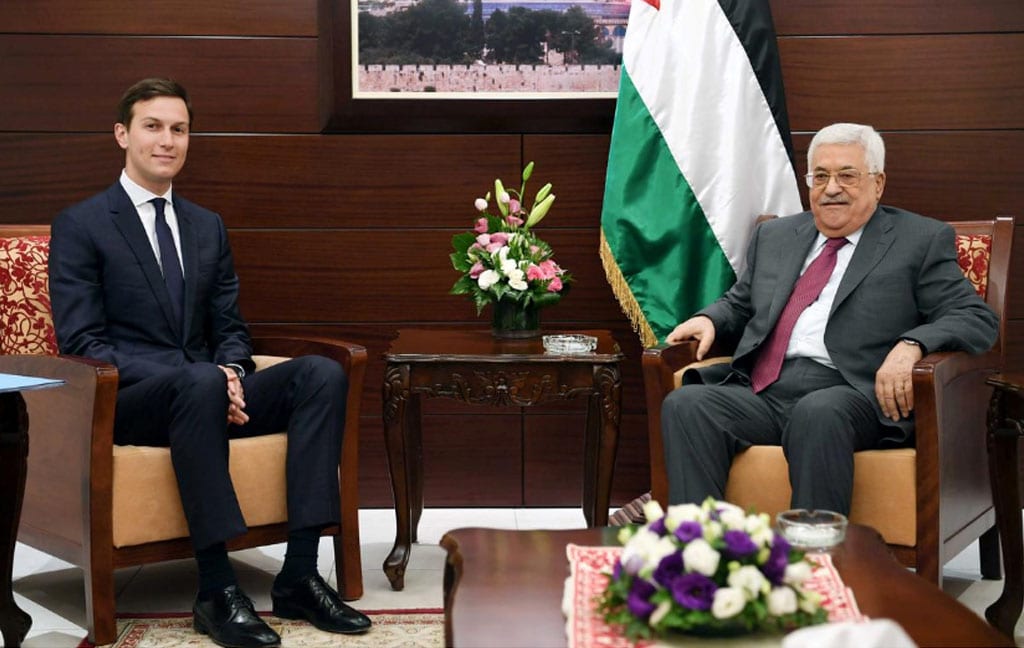
What do Palestinians says?
Palestinians have dismissed the peace plan as a “conspiracy”. Palestinian President Mahmoud Abbas said Jerusalem was “not for sale” and Trump administration’s plan to resolve the conflict was the “slap of the century.”
“We just heard President Trump and Israeli Prime Minister Netanyahu talking about the slap of the century. If God wills, we will strike them back with slaps,” he said. “Will we accept a state without Jerusalem? It is impossible for any Palestinian, Arab, Muslim or Christian child to accept that,” he said.
Thousands of Palestinian protesters held a day of rage in the Gaza Strip. Hamas has also decried the so-called peace plan. “This deal doesn’t worth the paper it’s written on and Jerusalem will remain for Palestinians,” said a Hamas spokesman.
The essential part of the peace plan is Gaza. The idea is to expand it into Egypt’s Sinai region and create an area where Palestinians can live and work under Egyptian control.
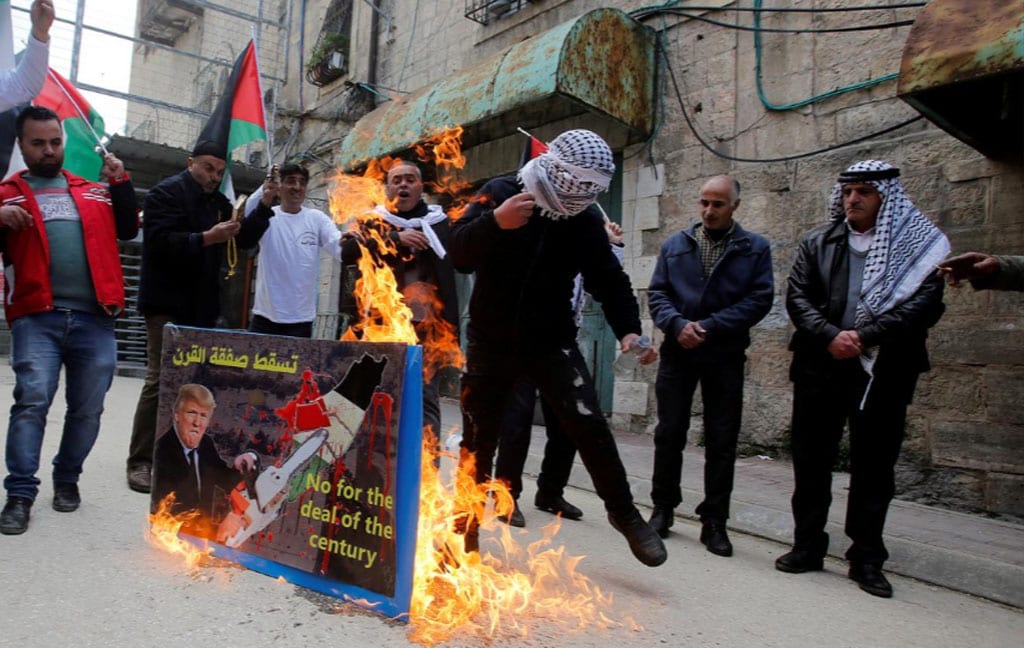
What does the US says?
Donald Trump hosted Israeli Prime Minister Benjamin Netanyahu and his political rival Benny Gantz at the White House before the peace plan was unveiled. The Palestinians were not invited as they have stopped any negotiations when the US after Trump shifted the embassy in Israel to Jerusalem in 2017.
Speaking alongside the Israeli prime minister, Trump called the deal as the last chance for Palestinians. “My vision presents a win-win opportunity for both sides, a realistic two state solution that resolves the risk of Palestinian statehood to Israel’s security,” Trump said.
The White House later released a map of the proposed borders of what was described as a demilitarized Palestinian state. The map shows the West Bank area containing some 15 Israeli settlements, connected to the Gaza Strip area by only a tunnel.
Trump said he had written Mahmud Abbas to enlist his support for the plan. “This could be the last opportunity they will ever have. Palestinians are in poverty and violence, exploited by those seeking to use them as pawns to advance terrorism and extremism,” the president added. “They deserve a far better life.”
What does Israel say?
The Israeli prime minister described Trump’s plan as the “deal of the century” saying Israel “will not miss this opportunity”. Netanyahu declared himself being open to negotiating with Palestinians on a “pathway to a future state.”
His main rival Benny Gantz embraced Trump’s proposals as offering “a strong, viable basis for advancing a peace accord with the Palestinians” saying he would implement them after the elections.

What do other countries say?
Major world powers and some regional players responded with caution saying Trump’s project deserves study. They stressed that a durable solution to the conflict can only emerge through Israeli-Palestinian negotiations as the proposals included no Palestinian input.
Qatar said economic prosperity cannot be achieved without political solutions acceptable to Palestinians. Oman said anything that precludes the establishment of a Palestinian state will not be acceptable.
Iran’s Foreign Minister Mohammad Javad Zarif dismissed the “delusional Deal of the Century” stressing that it will be “dead on arrival.” Zarif remarked that instead of promoting the so-called deal, the world must respect the right of all Palestinian peoples to self-determination.
Saudi Arabia, under Crown Prince Mohammed bin Salman, and the UAE, under Abu Dhabi Crown Prince Mohammed bin Zayed, want to move on from a Palestinian conflict they believe has held back the Arab world.







